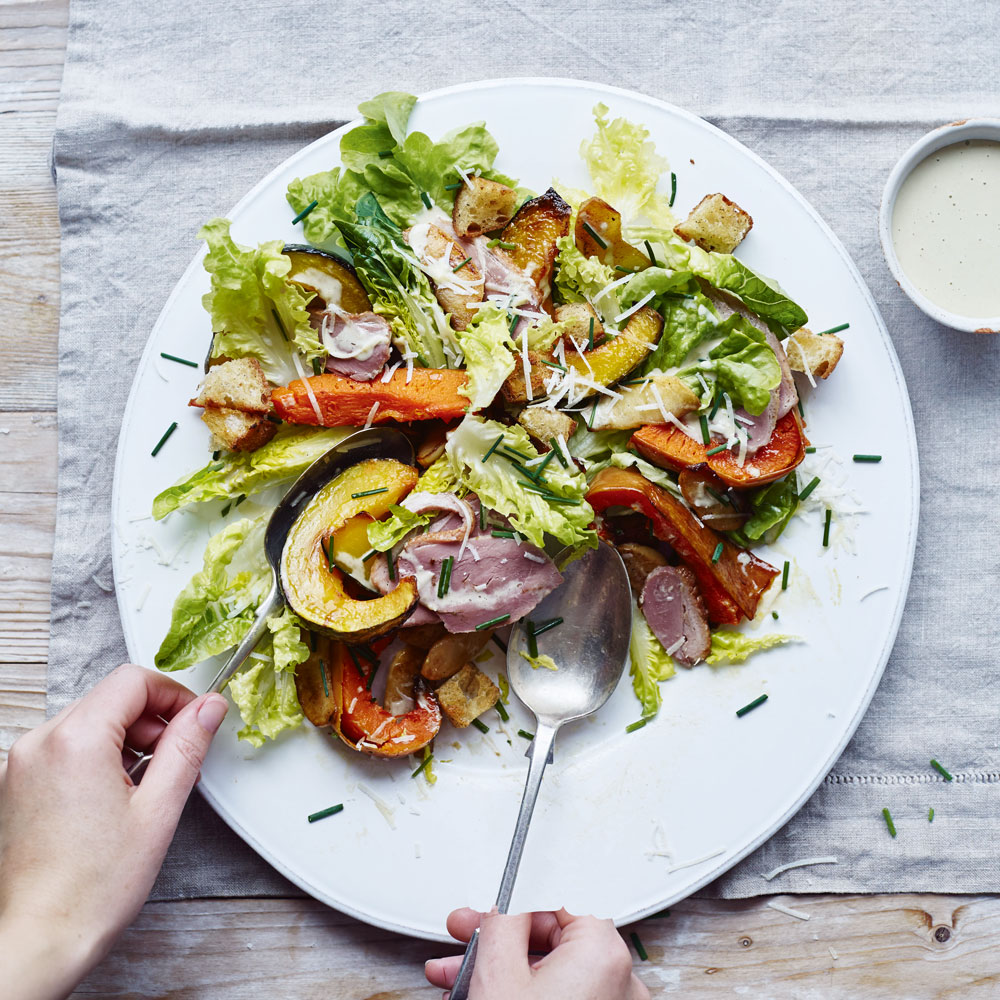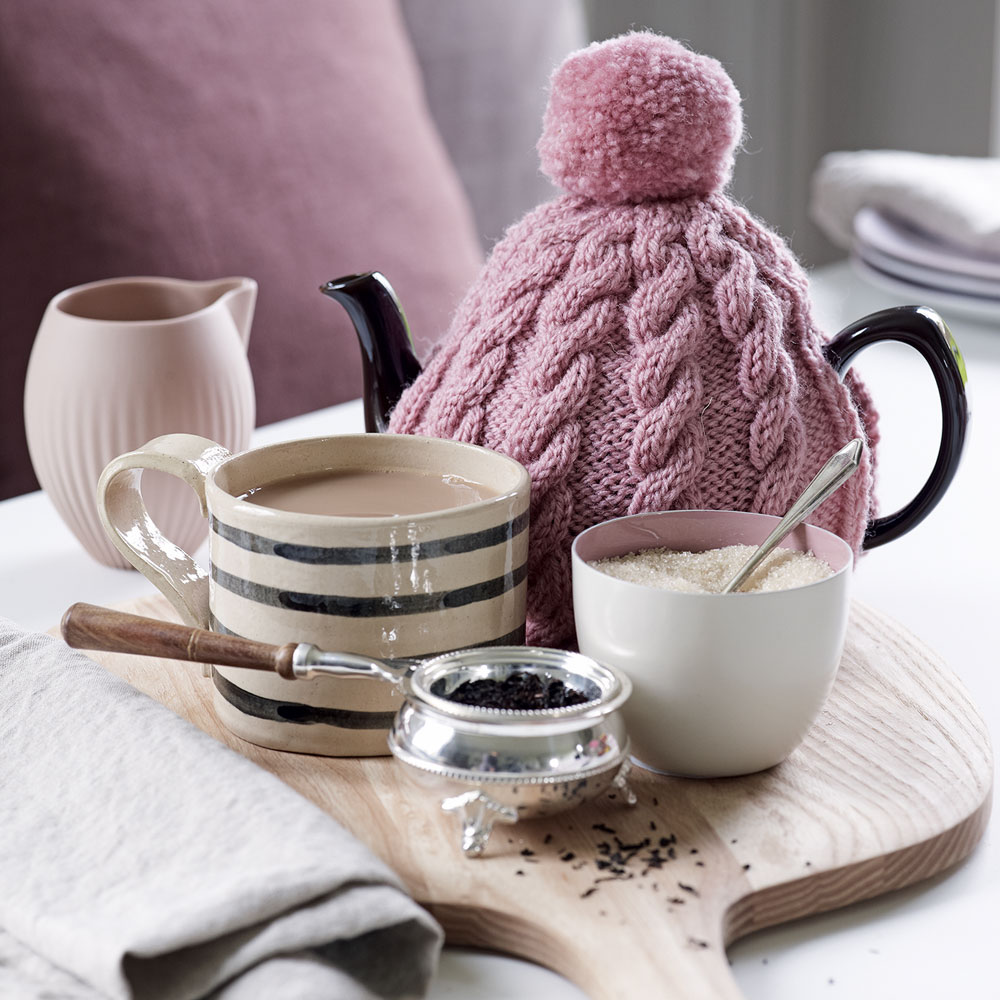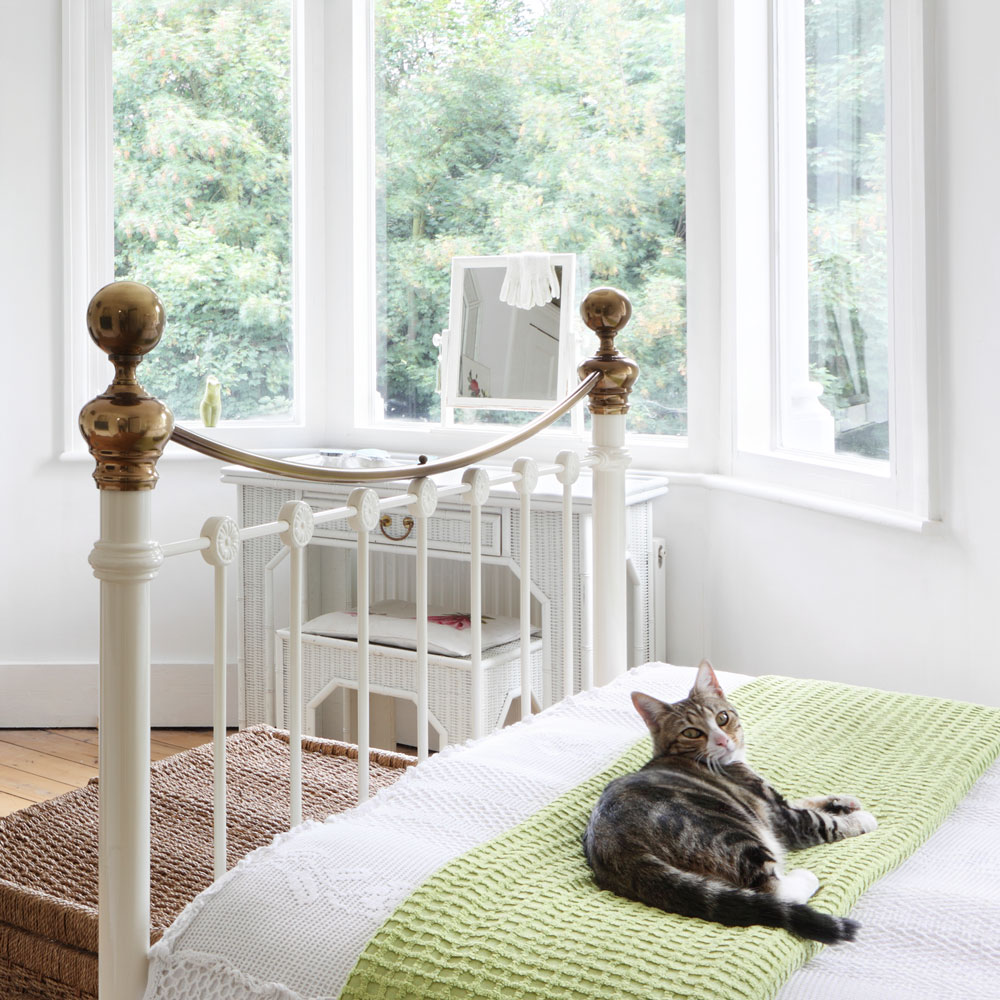How to sleep when it is cold outside – easy ways to get a good night's rest in winter
Struggling to sleep in the cold? Don't let the harsh winter weather keep you up at night
The winter months are firmly upon us; mornings are getting less appealing, and your central heating has most likely been well and truly switched on. When the nights get colder and the days darker it can be even harder to get the rest you need, especially if the colder temperatures are impacting on your sleep.
Want more sleep tips and advice? READ: How to sleep better – simple ways to get a good night’s rest
If you’re struggling to drift off or are waking up feeling chilly, don’t worry – Neil Robinson, Chief Sleep Officer at Sealy UK, is here to help, with his top tips for staying warm this winter
1. Take a bath

Not just relaxing and warming, having a bath before bed can actually help to promote sleep and induce tiredness. This is because the drop in body temperature immediately after you’ve got out of the bath mimics the body’s natural decrease in temperature as it prepares itself for sleep, inducing feelings of sleepiness. A great excuse to run yourself a hot bath on those cold winter’s nights.
2. Avoid overheating your room

Although it can be tempting to turn the heating up to full to keep your room cosy, having your bedroom too warm throughout the night can impact on the quality of your sleep. The optimum temperature during the night to ensure good quality sleep is 16-18°C, so it’s important to remember to turn down the heating with enough time to allow your room to cool to the optimum temperature.
Try switching off your heating 1-2 hours before you want to go to bed.
3. Consider your dinner

Cold, wintery weather makes the thought of comfort food extra-tempting. However, try to resist as these foods tend to be carb-heavy and can reduce the quality of your sleep. Eating a big meal before bed can disrupt the quality of your sleep, as your body works through the night to digest the food.
Sign up to our newsletter for style inspiration, real homes, project and garden advice and shopping know-how
For a better night’s sleep, try a lighter and more nutritious meal and reap the benefits of the extra vitamins on your health and wellbeing.
Want to change your sleep routine this year? READ: The transformative sleep resolutions we should all be keeping in 2019
4. Get the right duvet

It’s important not to underestimate your tog rating when it comes to duvets, and it’s vital to ensure you have a different duvet for both winter and summer as what works in one climate won’t work in the other. The correct duvet will keep you at just the right temperature so you’ll enjoy deep sleep every night, even if it is cold outside.
'I’d recommend opting for a 13.5-15 tog duvet for the winter months,' says Neil Robinson. 'You could even try an electric blanket if you want to be extra toasty.'
5. Sip on something warm

Within an hour of heading to bed, warm yourself from the inside-out with a nice warm drink. However, stay away from the tea and coffee - caffeine is likely to be counter-productive, making it harder to sleep and causing you to wake up needing the toilet in the night due to its diuretic effects. Instead try a cup of herbal tea, such as camomile.
This contains an antioxidant called apigenin - known to bind to specific receptors in your brain and which may help to decrease anxiety and induce sleep.
What paint colour should avoid in the bedroom? READ: This is the WORST colour to paint a bedroom if you want a good night's sleep
6. Share body heat

Two bodies means twice the body heat so if you have a partner, use the winter months as an excuse to snuggle up by pooling your body temperature and sleeping close to one another. You could even allow your pet to stay in your room for a little extra warmth in the winter months as well.
7. And if you’re struggling to get up in the morning?
A combination of darker mornings and colder temperatures can make getting up in winter extra difficult. If you’re struggling, try investing in an illuminating alarm clock which wakes you up gradually, which should make getting up and out of bed less painful.
Setting your central heating to come on half an hour before you’re due to get up can also help, ensuring that you’re getting up in a warm environment and helping to make those winter mornings just a little easier to bear.
Jennifer is the Deputy Editor (Digital) for Homes & Gardens online. Prior to her current position, she completed various short courses a KLC Design School, and wrote across sister brands Ideal Home, LivingEtc, 25 Beautiful Homes, Country Homes & Interiors, and Style at Home.